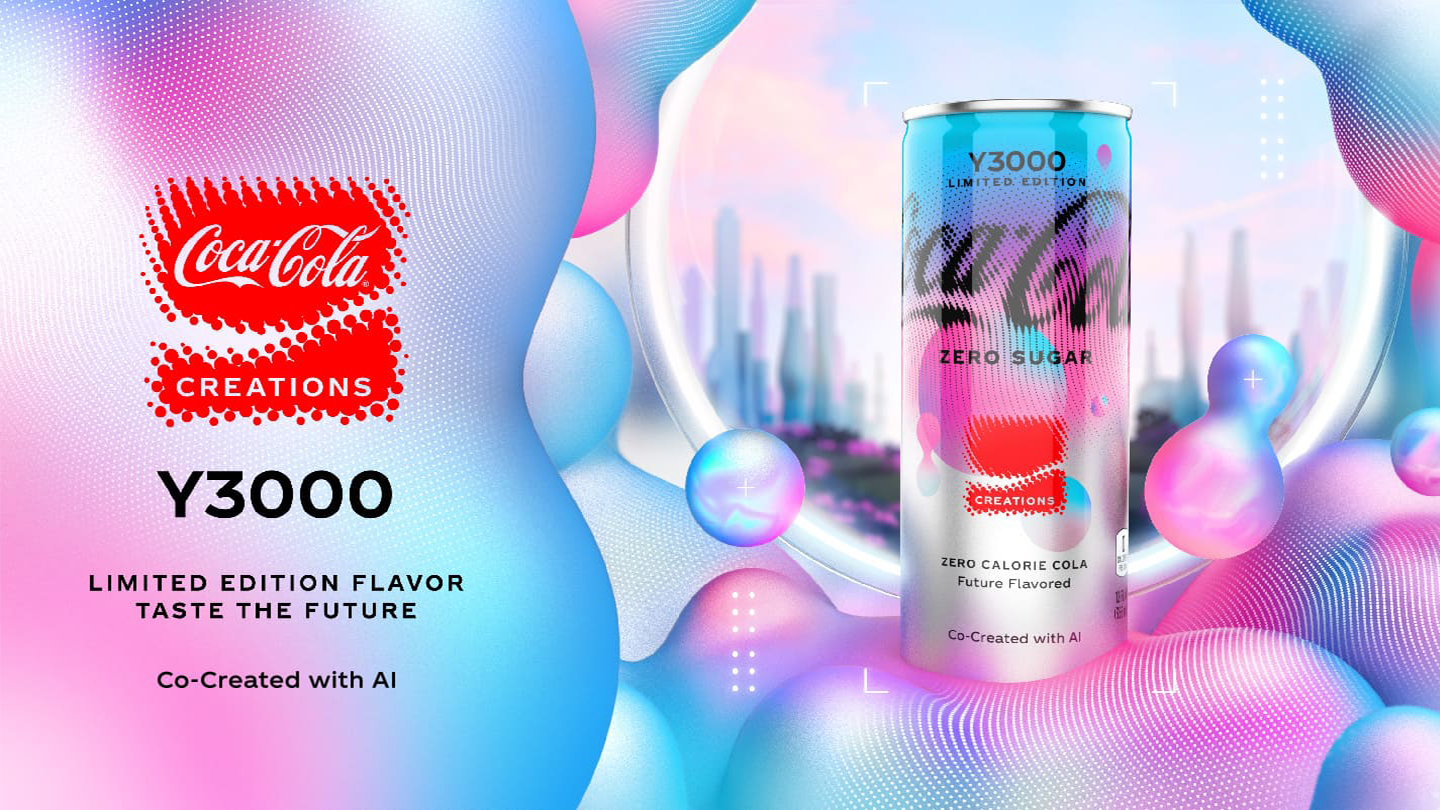By Joseph Ekeng
Africa’s beer industry stands at the precipice of a remarkable transformation, poised to reach an astounding $29.41 billion in revenues in 2023, according to Statista. This robust growth is set against the backdrop of a continent that, despite hosting 16% of the global population, contributed only 8% to the world’s beer consumption market in 2019. This asymmetry underscores the vast potential that brewing majors are ardently pursuing as they embark on a captivating journey to secure their foothold in Africa’s burgeoning beer landscape.
Market Dynamics and Demographics
Delving into the intricate dynamics, the demographics of Africa emerge as a critical factor shaping the trajectory of the beer industry. With an average median age of 19 years, the continent’s youthful population not only signifies a demographic dividend but also points to an inevitable surge in per capita beer consumption as this cohort matures and gains employment. Statista’s projections further add depth to this narrative, forecasting an annual market growth rate of 6.16% (CAGR 2023-2027) with a corresponding volume growth of 3.9% in 2024. The stage is set for a compelling saga of growth and competition in Africa’s beer market.
Multinational Powerhouses Eye Dominance
Zooming in on the players in this grand theater, Asoko Insight’s data accentuates Africa’s beer market as the fastest-growing globally, eclipsing Asia and Europe with an annual rise of 5%. At the forefront of this momentum are four multinational brewing giants: the seasoned French Groupe Castel, the indomitable Dutch force Heineken, the behemoth Belgian-Brazilian AB InBev, and the venerable British institution Diageo. Together, these industry titans hold a commanding 93% share of the African beer demand, setting the stage for an intense battle for supremacy.
Key Battleground: South Africa & Nigeria
South Africa and Nigeria are the major battle ground for beer dominance on the continent . In South Africa, AB InBev’s local arm, South African Breweries (SAB), locks horns with Heineken in a fierce contest for market dominance. Presently, AB InBev commands a market share ranging from 20% to 25%. However, the landscape is shifting with Heineken’s strategic move – the recent acquisition of Distell. This transaction not only provides Heineken with a robust infrastructure but positions it strategically to potentially capture a substantial 33% of the market in the near future.
In response to Heineken’s bold maneuver, SAB commits a significant investment of $320 million in 2023. This substantial financial injection is meticulously directed towards expanding production capacity and fortifying market presence. Notably, this investment dovetails with the preceding $666 million injected over the past two years, earmarked for the comprehensive upgrade of Prospecton and Ibhayi Breweries.
Nigeria, Africa’s second-largest beer market, emerges as an arena of relentless competition. Here, Heineken, through its local subsidiary Nigerian Breweries, faces off against two formidable rivals: Diageo (Guinness Nigeria) and AB InBev (International Breweries). Nigerian Breweries maintains a commanding 54% market share, followed by Guinness Nigeria (24%) and International Breweries (22.2%).
Heineken’s strategic maneuvers in Nigeria involve acquiring more shares in Nigerian Breweries and significantly increasing ownership in Champion Breweries to an impressive 86.4%. West Africa further witnesses Heineken’s multifaceted engagements, including a pitched battle for market dominance in Ivory Coast against Castel-owned Solibra.
Pan-African Expansion Strategies
Beyond the South African epicenter, the brewing titans strategically deploy their forces across the vast expanse of the African continent. Heineken’s $100 million brewery in Mozambique and the strategic acquisition of Namibia Breweries in 2023 form integral components of its blueprint to fortify its position in Southern Africa. The ripple effects extend to countries such as Botswana, Zambia, Tanzania, and Kenya, where Distell’s operations are poised to amplify Heineken’s reach and impact.
In East Africa, the intricate dance of competition unfolds as Diageo, through its subsidiary East African Breweries (EABL), engages in a head-to-head confrontation with AB InBev in Tanzania and Uganda. The strategic focus is clear – modernize breweries and intensify marketing efforts to establish a resilient foothold in these emerging markets where the stakes are high, and the potential for growth is substantial.
The narrative navigates through the nuanced regional dynamics, revealing Kenya as a stronghold firmly under EABL’s control, maintaining over 90% of the market share. In a strategic chess move, Diageo seizes an opportunity to strengthen its position. In March, it increases its stake in EABL by 14.97%, reaching a commanding 65% ownership.
Ethiopia, however, presents a different twist in the tale. Diageo, opting for a strategic exit, sells Meta Abo Brewery to BGI Ethiopia in 2022. This move reshuffles the hierarchy, with BGI taking over market leadership from Heineken. Castel, the new custodian of Meta Abo, unveils plans to consolidate its newfound market status through an additional investment of ETB500 million ($9.3 million), aiming to remodel, expand the brewery, increase capacity, and enhance the brewery’s Meta Beer branding.
Intricacies of Collaboration Amidst Competition
The narrative weaves through instances where brewing majors, amidst the intensity of competition, choose collaboration over confrontation. A poignant example is found in Cameroon, where Diageo orchestrates the sale of its Guinness Cameroon brewery to France’s Castel Group for a staggering £389 million ($459.8 million). The culmination of this transaction in May 2023 sees Castel assuming production and nationwide distribution of Guinness in Cameroon under a license and royalty agreement.
This collaborative thread extends to historical instances, such as Heineken’s strategic move in 2015. In a deal with Diageo, Heineken agrees to sell its 20% stake in Guinness Ghana Breweries Limited, concurrently granting Diageo exclusive producer and distributorship rights of Heineken’s portfolio in Ghana.
As the intricate tapestry of Africa’s beer market unfolds, it becomes evident that the battle for dominance is not merely a contest of market share percentages. Instead, it is a saga of strategic investments, calculated maneuvers, and collaborative ventures that collectively shape the destiny of brewing giants in Africa. With each sip, the continent’s beer consumption landscape evolves, and these industry titans position themselves strategically to tap into the immense potential that Africa offers to the global beer market.
In the grand symphony of brewing, Africa emerges as a vibrant crescendo, and the multinational behemoths orchestrating this melody recognize the unique harmonies each region contributes. As Africa’s beer market matures, it presents not just a financial opportunity but a canvas for cultural resonance, economic impact, and strategic innovation. The journey continues, and the brewing giants navigate the intricate notes of this dynamic landscape, seeking not just market dominance but a lasting resonance in the hearts and glasses of the diverse African populace.






Comment
No comments found.